The commemoration was organized by the Mustazafs Community and Martyrs Caravan Platform at his grave in Yeniköy Cemetery in Diyarbakır’s central Bağlar district.
The program began with the recitation of the Holy Quran by Ammar Zeren, a respected figure within the community. The serene atmosphere was filled with the solemn verses of the Quran, setting a reflective tone for the event.
Following the recitation of Surah Yasin, Mullah Recai Güler delivered a heartfelt speech. He spoke on the significance of the day and the sacrifices made by martyrs like Aytaç Baran. Güler emphasized that the struggles faced by those who fight for their beliefs are timeless and universal. He drew parallels between Baran's sacrifice and the ongoing struggles in Gaza, suggesting a shared purpose among those who lay down their lives for Islam.
Güler highlighted the religious and historical context of their mission. "Allah the Almighty sent man to dominate this religion on earth and to be a caliph," he said. "Whenever and wherever He sent a prophet, He sent the book or revelation with him to dominate the earth. Prices have been paid, blood has been shed, and sweat has been poured for this cause. This is not a religion that can be made dominant at the table."
He described Aytaç Baran as a man devoted to his cause, noting that anyone who knew him would attest to his unwavering dedication. "Martyr Aytaç devoted his life to explaining the religion of Allah to people. Those who knew him, even for an hour, know that he had only one goal: to see the Shari'ah-i-Gharra dominate the earth," Güler stated. He stressed that Baran's efforts were focused on ensuring that this nation understood and embraced Islam fully.
Güler continued by drawing historical comparisons, likening Baran to Musab bin Umayr, an early Islamic figure who was sent by the Prophet Muhammad to spread Islam in Medina. "Just as Musab bin Umayr spread the message to everyone he could reach, Aytaç dedicated his life to telling people about the religion of Allah in Martyrdom, Bağlar, and other streets and neighborhoods of Diyarbakır," Güler remarked. He recounted how Baran continued his mission undeterred, even when faced with threats to his life.
The speech took on a broader scope as Güler addressed the current situation in Gaza, where he drew parallels to the struggle faced by Baran and his companions. "Today, the same struggle is being waged in Gaza, albeit in different forms," he said. Güler praised the perseverance and courage of those fighting in Gaza, likening their struggle to the "epics of honor" written by those who resisted oppression in Turkey from the 1990s until today.
Güler was critical of the so-called Islamic countries, accusing them of seeking honor and glory through means contrary to Islamic teachings. "If we want honor and glory on earth, make no mistake, that honor is in this religion," he declared. Güler cited Hazrat Umar, saying, "Allah the Almighty has given us honor and glory with Islam. If we seek honor and glory in an un-Islamic idea, ideology, or at the door of imperialists, Allah will humiliate us."
He went on to denounce the humiliation faced by countries that call themselves Islamic but have strayed from their religious duties in pursuit of approval from Western nations. "Don't the countries that call themselves Islamic countries experience this humiliation because of this? Doesn't this humiliation show us that they throw this religion behind their backs and seek honor at the door of imperialists?"
Güler concluded his speech by reinforcing the importance of adhering to Islamic principles for true honor and dignity. "Allah the Almighty has sent us a religion and declared that honor and dignity can be achieved through this religion," he said. He warned against seeking honor in democracies or other systems, asserting that those who follow these paths have become subservient to imperialists.
The program ended with a prayer, a moment of collective reflection and remembrance for Aytaç Baran and others who have sacrificed their lives for their beliefs. The commemoration served not only as a tribute to Baran’s memory but also as a reaffirmation of the community's commitment to the cause he represented. The attendees left with a renewed sense of purpose, inspired by the legacy of Aytaç Baran and the ongoing struggle for justice and faith. (ILKHA)
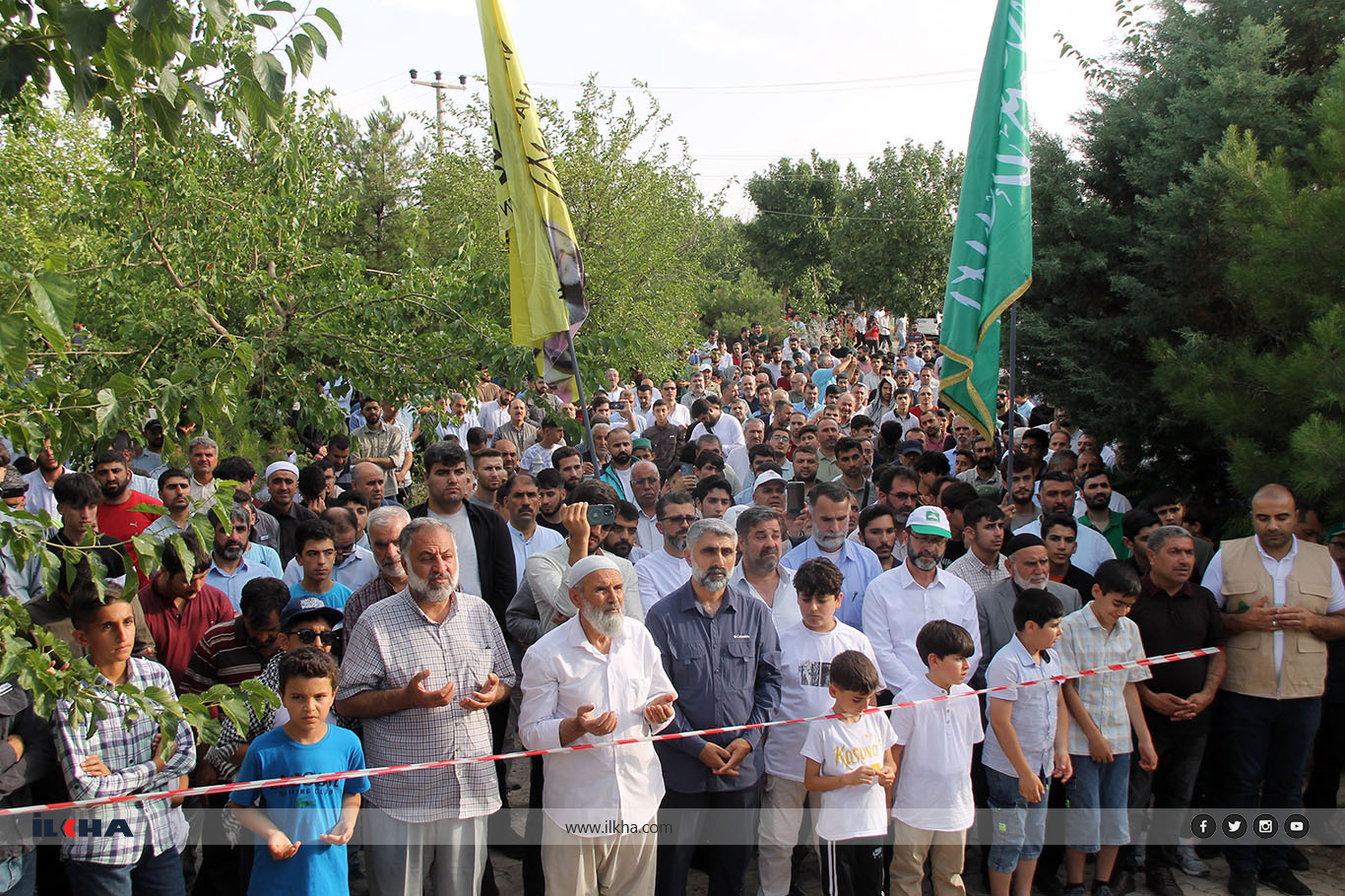
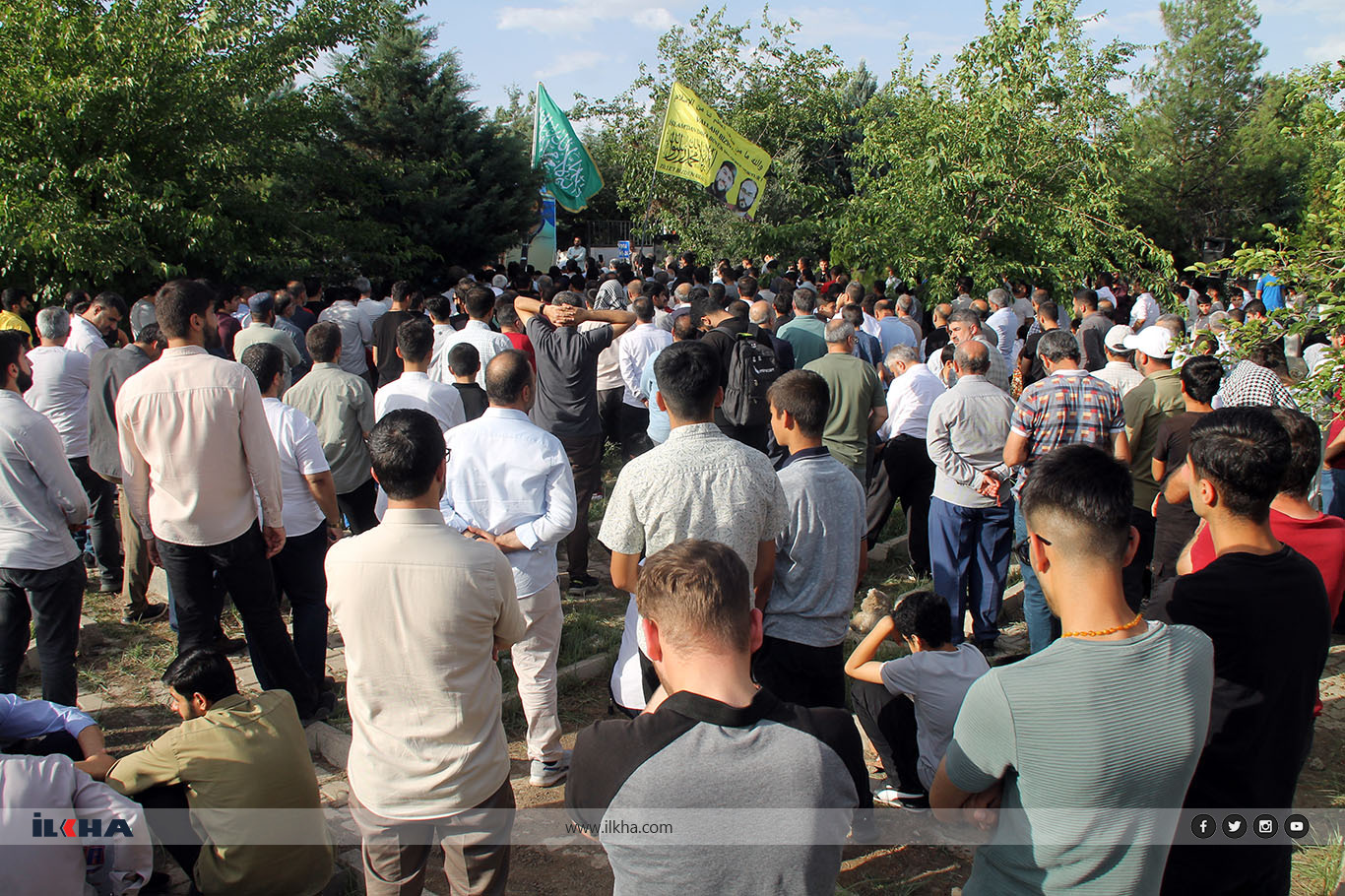
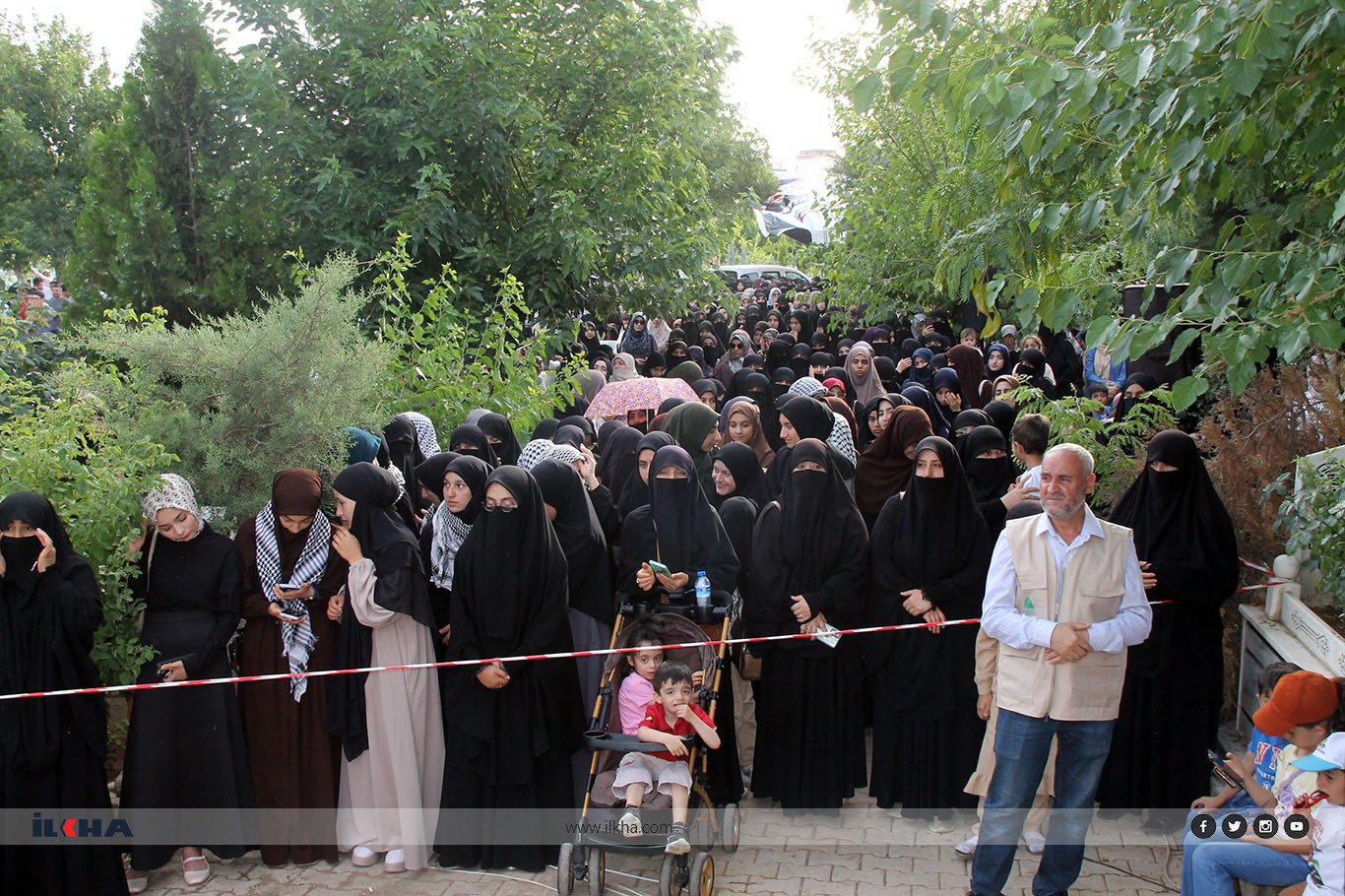
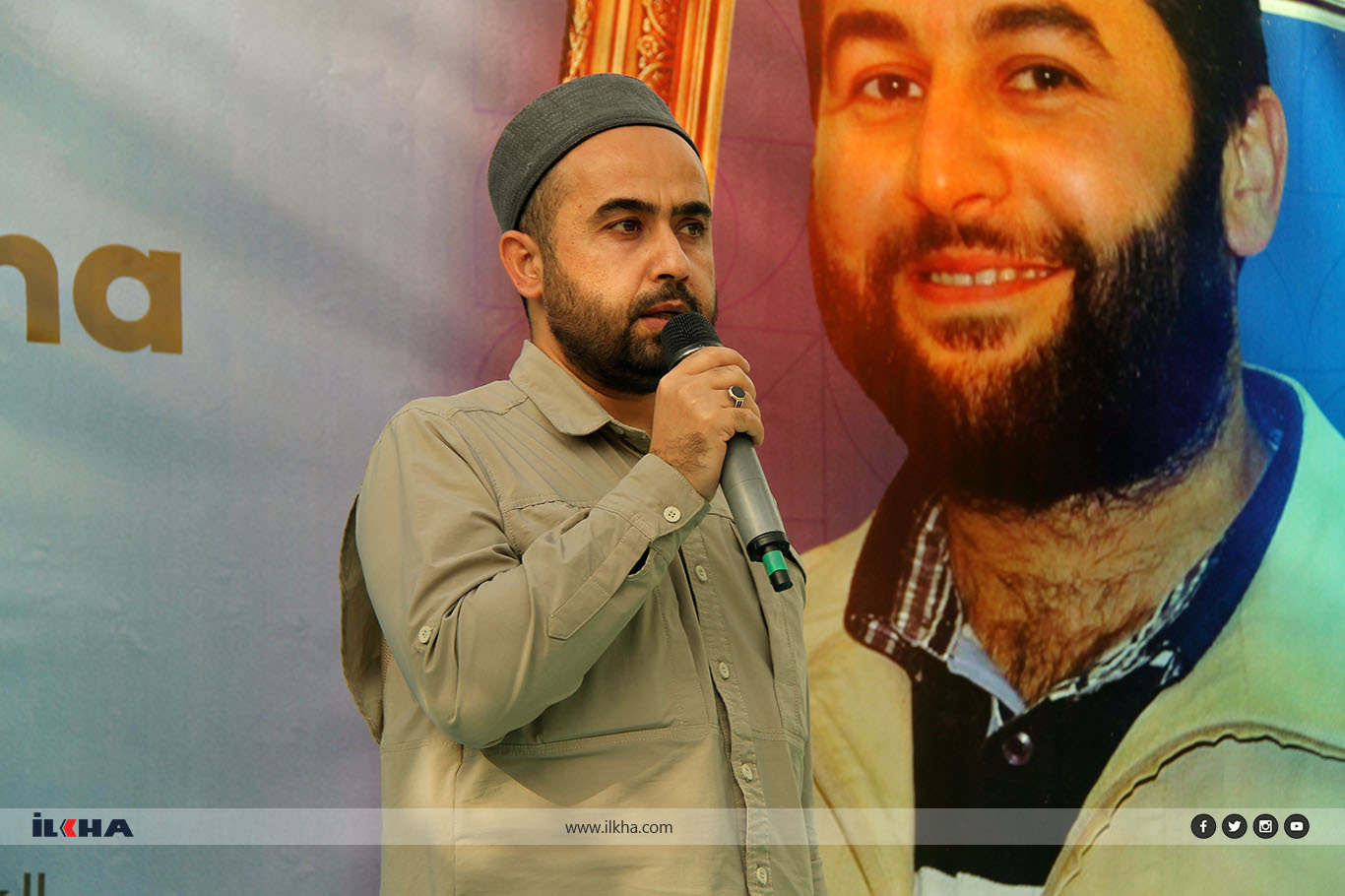
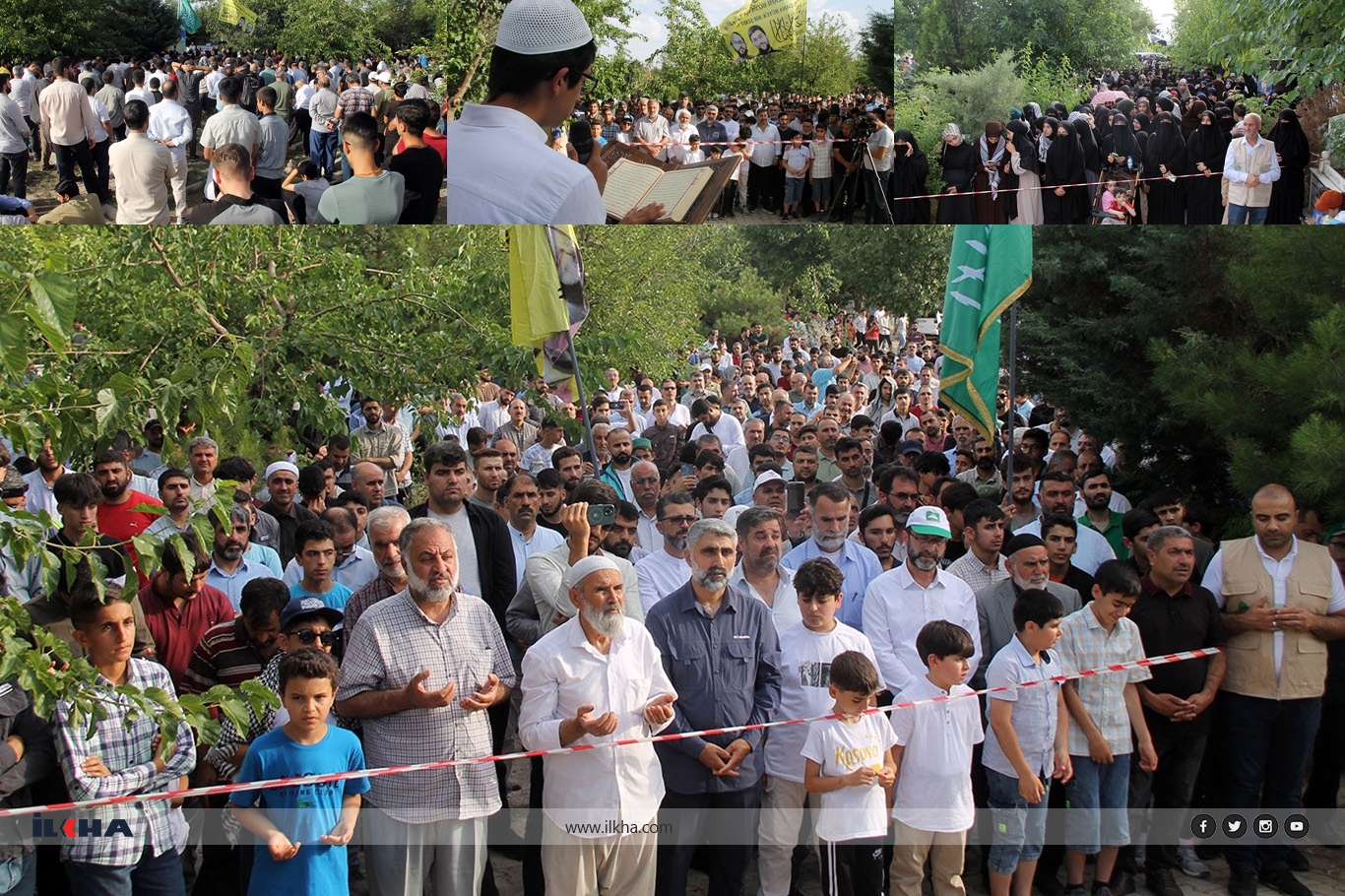
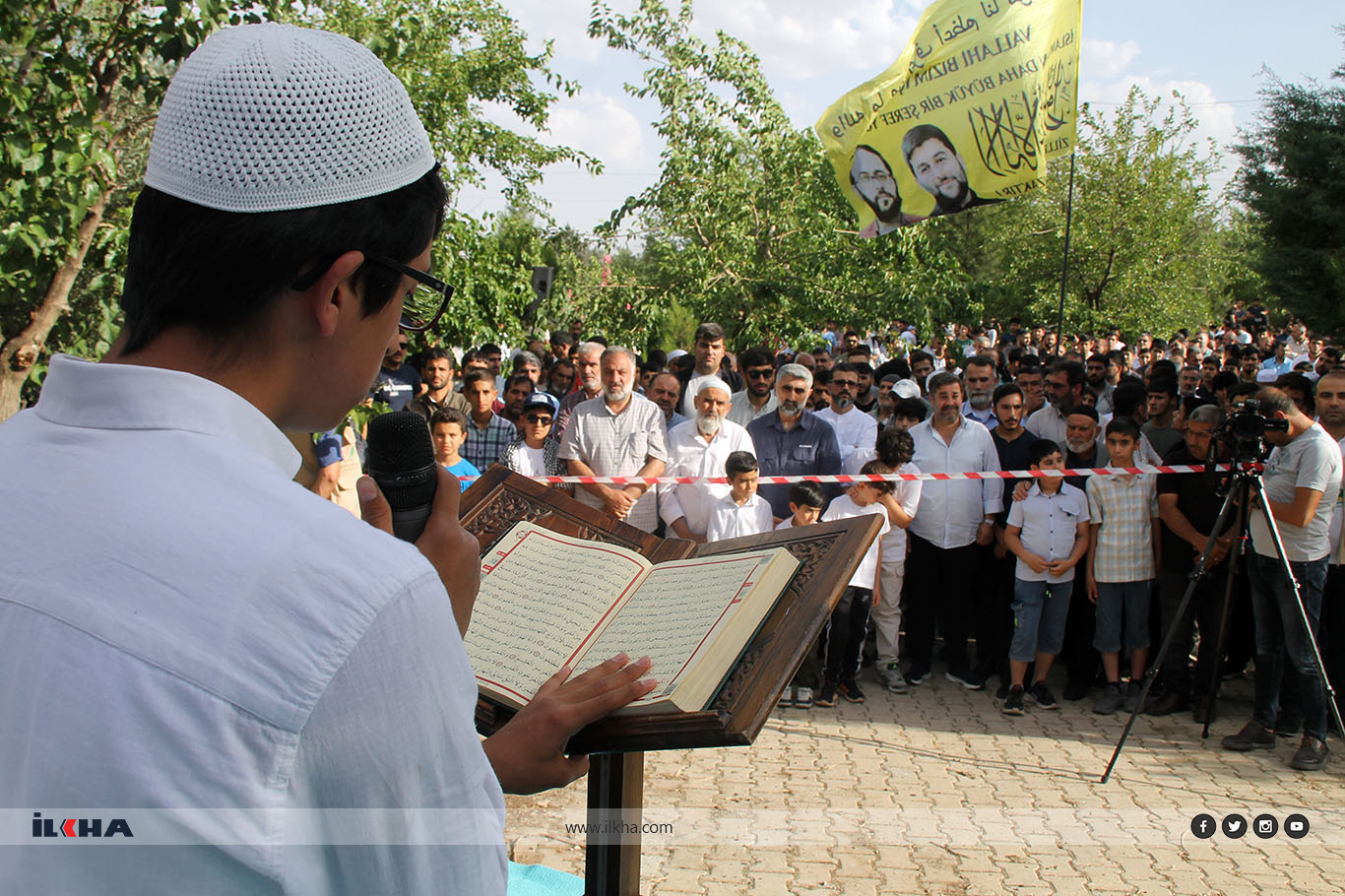

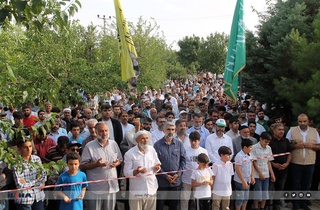

 Güncel
Güncel
 Dünya
Dünya
 Güncel
Güncel
 Dünya
Dünya
 Güncel
Güncel
 Güncel
Güncel
 Güncel
Güncel
 Güncel
Güncel
 Dünya
Dünya
 Güncel
Güncel





